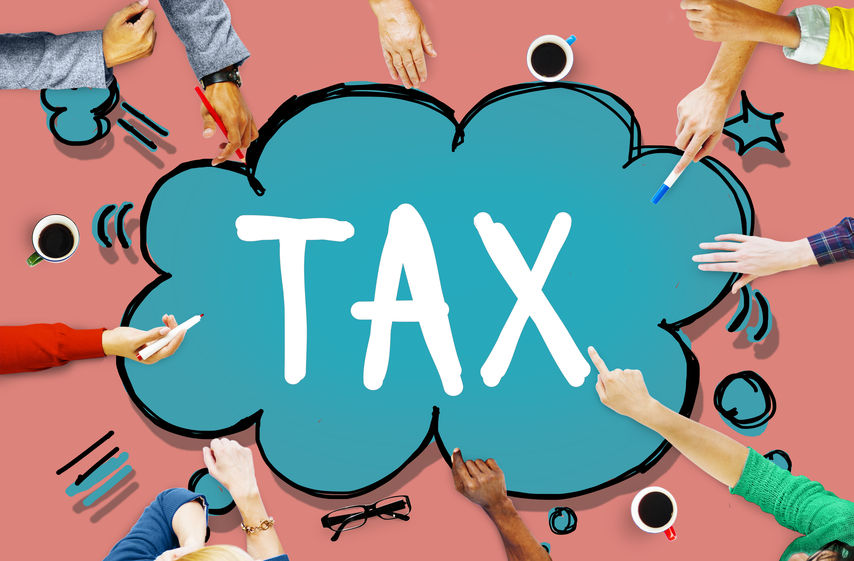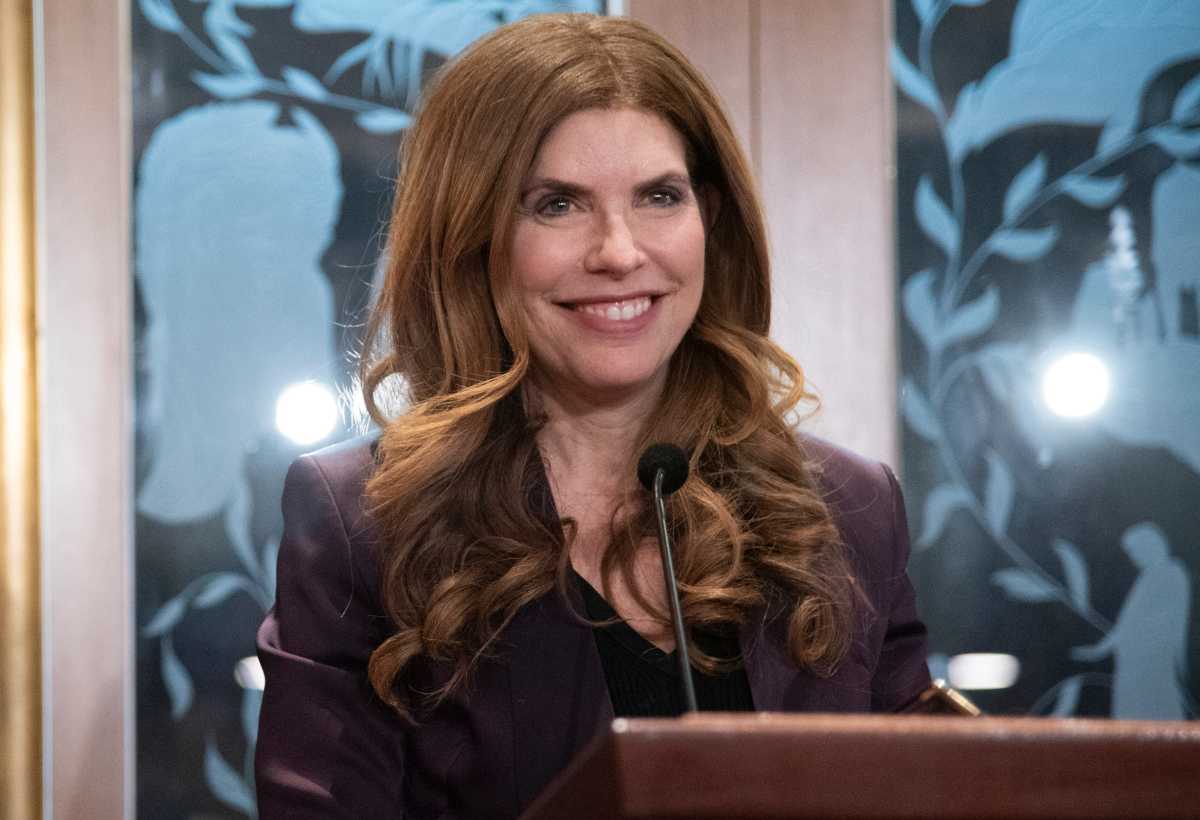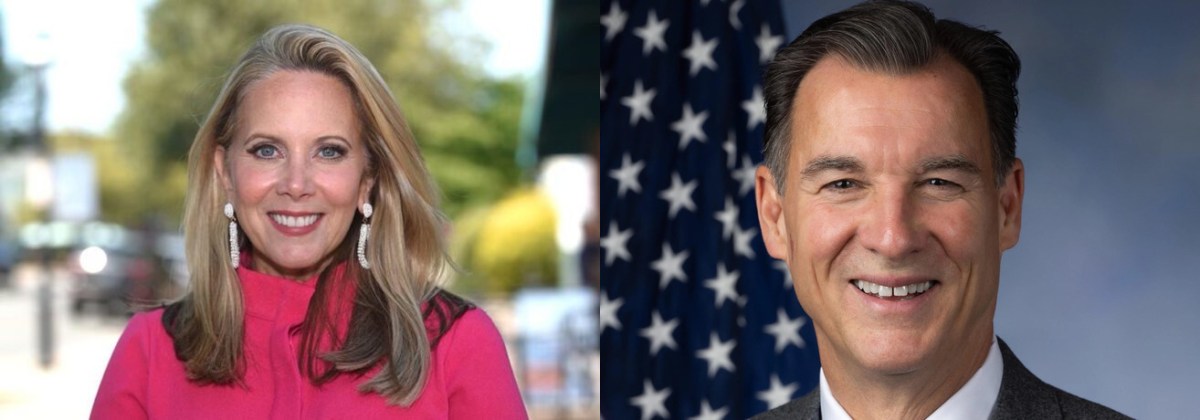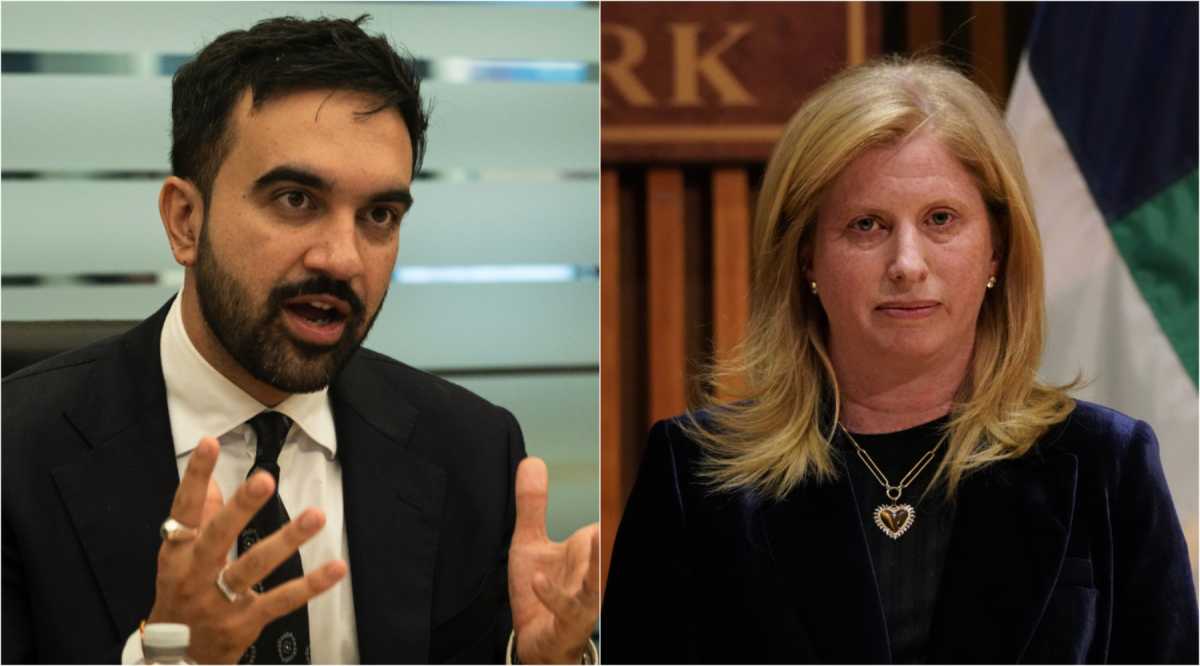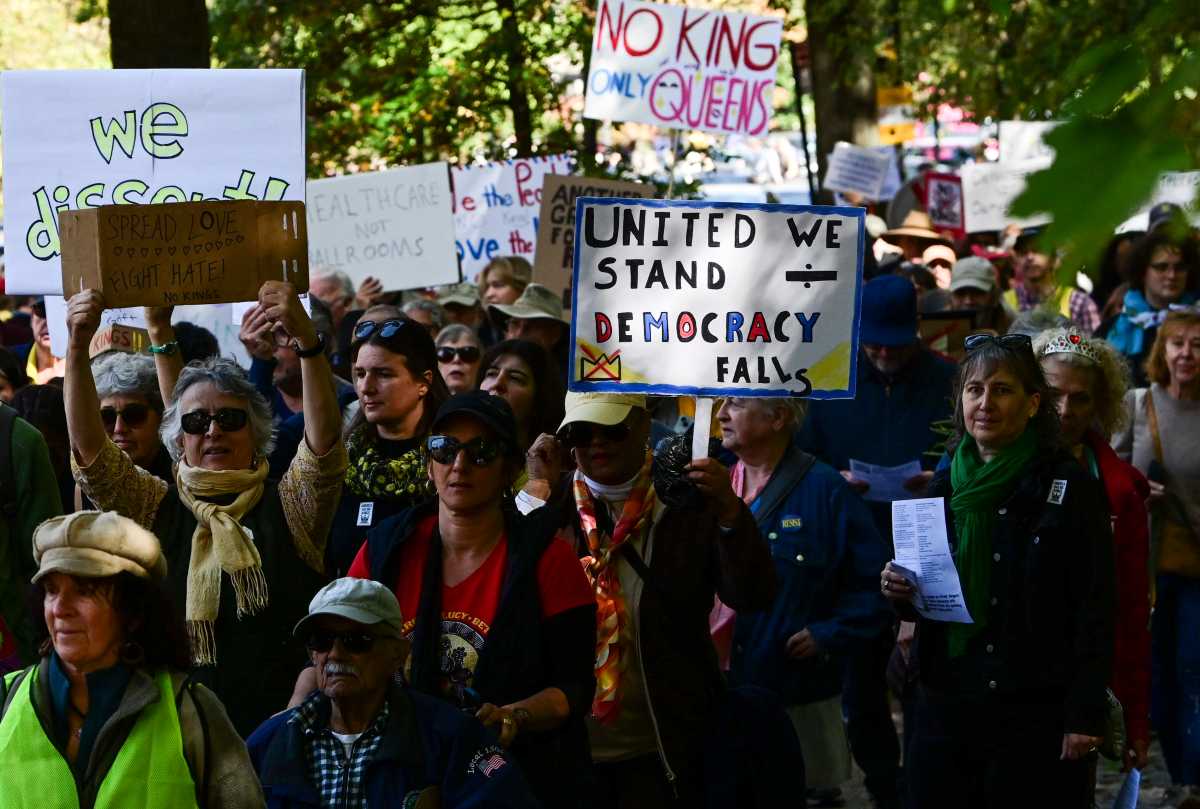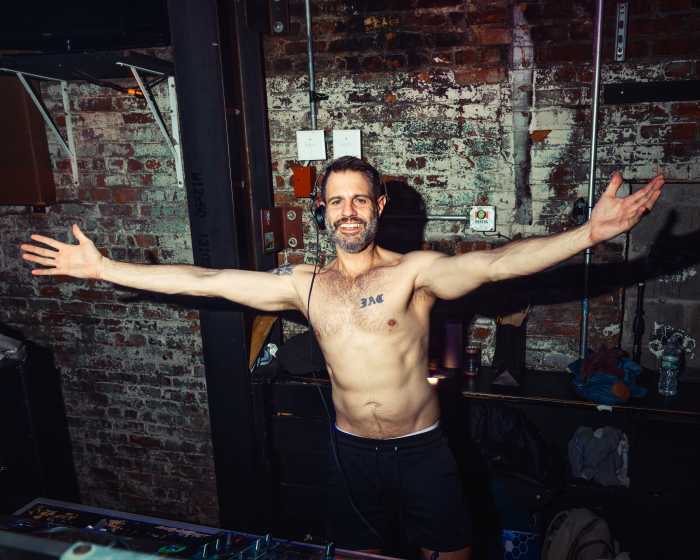A hundred State senators and assembly members last week pledged to block the governor’s proposed $10 billion budget cut unless the government agrees to put in place an increased income tax for the state’s wealthiest individuals to try to reduce the size of the cut.
Legislators from all across the state committed to raise taxes for 118 billionaires living in New York, including 20 representatives from Brooklyn alone.
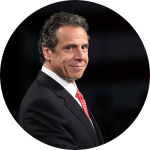

Gov. Andrew Cuomo (D) is planning to cut $10 billion from public schools, hospitals, food banks and senior services to make up for the state’s $14.3 billion budget deficit, according to the lawmakers arguing for a higher tax on the wealthy.
Signatories on the proposal to create a wealth tax, however, say that the cut wouldn’t have to be as large if more revenue was coming in from the billionaires and ultra-millionaires in the state.
“Our state is facing a financial crisis and we need to find new ways to generate revenue,” Assemblymember Walter Mosley (D- Brooklyn) said. “I’ve long called for increases to the tax rate for high earners, and now more than ever we need to make that a reality. I’m proud to stand here and echo this call and I will continue to work in the legislature to make this a reality.”
Cuomo has already expressed that he would not support an increased income tax for the wealthy, according to the Strong Economy for All Coalition.
Some suggested wealth-income tax options that the governor has declined to utilize include a billionaire’s tax that would generate $5.5 billion, an ultra-millionaire’s tax that would generate $4.3 billion, a stock buyback tax that would generate $3.2 billion and a tax on wealthy New Yorkers’ luxury second and third homes for $650 million.
If all of these taxes were put in place at the same time, they would bring in enough revenue to eliminate the need for a budget cut that would negatively impact nurses and teachers, the legislators said.
“Austerity politics was failing New Yorkers before COVID-19,” Assemblymember Harvey Epstein (D- Manhattan) said. “Now, as our state starts on the road to recovery, we must raise revenue from the growing number of billionaires in our state, up from 112 to 118 since the beginning of these intertwined public health and economic crises. We must find other sources of revenue from these individuals and corporations who can afford to pay more. Over 85 state legislators, good government groups, and the most powerful labor unions in our state are united in saying no cuts without raising new revenue from those who can afford to pay.”
Additionally, during the coronavirus pandemic, around two million New Yorkers lost their jobs. The less people working, the less money that the state will be receiving in income taxes since the unemployed don’t have an income to pay taxes on.
While the less-wealthy population in New York has suffered financially from this crisis, the top earners have only gotten richer — the state’s 118 billionaires have increased their net worth by $44.9 billion, therefore having even more money to spare in taxes.
“What the Legislature passed in April was an austerity budget that left out necessary funding for programs that millions of New Yorkers count on,” State Senator Jessica Ramos (D- Queens) said. “Even as tens of thousands of people would be impacted by the coronavirus and its disastrous economic impact, our State idled on a proper recovery plan. My bill to establish a mark-to-market tax on the ultra-wealthy would generate up to $5 billion in just one year. We still have an opportunity to tax the rich and fund healthcare, education, a bailout for workers excluded from our stimulus plans and much more. New Yorkers deserve better and it’s time we decide on real solutions before it’s too late.”
The call for the wealth tax comes as New York continues to lose population to such less taxed states as Florida. Less than 10 years ago, New York has a larger population than Florida. However, the Sunshine State has a population of 21.48 million, while New York’s has shrunk to 19.45 million — of which there are 52 billionaires.
While the two states are relatively close in population, Florida’s proposed state budget for fiscal year 2020-2021 is $91.4 billion dollars. The New York State FY 2021 budget passed back in April is $177 billion.
Additionally, Florida is one of seven states that, as of 2020, do not have any form of income tax or wealth tax. One-third of the state’s income comes from “general revenue,” which is primarily sales tax, and each local government collects property tax.
According to an opinion piece from the Wall Street Journal, around 40% of the New York State budget goes toward Medicaid, which is twice the amount allotted for education. At the same time, Florida, known to be New York’s retirement home, has a much larger elderly population.
“Blame New York’s cocktail of generous benefits, loose eligibility standards and waste,” the op-ed reads in part. “New York spends about twice as much per Medicaid beneficiary and six times more on nursing homes as Florida though its elderly population is 20% smaller. Many New York nursing homes and hospitals are organized by unions, which use their political clout to drive generous pay and benefits.”
The idea is that if less money went toward fulfilling union benefits and costs, the state would have more money to fill the deficit and use — without increasing taxes for the wealthy who have been known to move out of New York to states with lower taxes.


